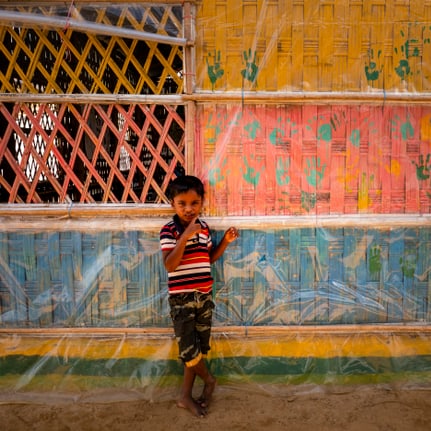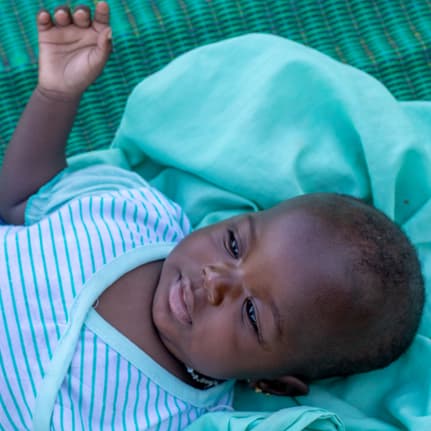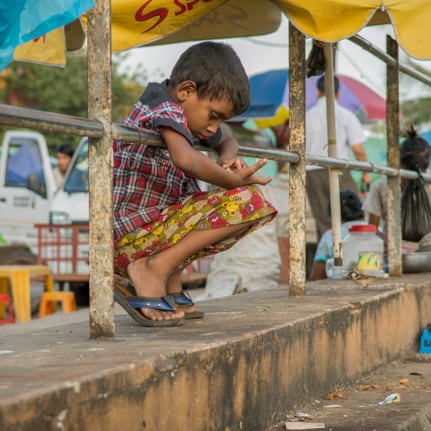Act, treat, prevent
Farida is twelve years old. Forced to flee the floods in the north of Bangladesh, she works in a leather processing factory in Dhaka, the capital of the country. Like Farida, children in South Asia are obliged to cope with poverty, lack of access to decent sanitation, healthcare and treatment, to say nothing of the risks of exploitation, trafficking, violence, abuse and abandonment.
We are working in the field to expand healthcare systems, improve maternal and infant health, support gender equality, and protect children from abuse. We are providing emergency assistance to families affected by climate change-induced natural disasters or forced displacement, such as in Bangladesh and Myanmar.
Can you help support children in Asia?
Our impact in 2022
4 countries
883'000
60 local organisations
At the heart of Asia

Terre des hommes is active in Asia in India, Nepal, Bangladesh and Myanmar. The Covid-19 pandemic and political instability in Myanmar are still having dramatic repercussions on children’s living conditions. These countries are also affected by natural disasters that displace some of their people.
Our teams strengthen health systems through innovative digital tools and training for health staff. We also facilitate access to quality water and hygiene in the region, particularly in health centers. So that every child and mother receive the care they need.
Floods are displacing families in Bangladesh and India. We are reinforcing access to protection for children and young people exposed to risks of trafficking, exploitation and violence. In refugee camps in Cox’s Bazar, we are improving the well-being of children and their families alongside community stakeholders.
Many children and young people in Asia are left to their own devices, forced to live on the streets where they try to survive by stealing, or working for a pittance. We are improving their access to justice. Our objective is to educate legal professionals to consider the rights of children, and then take them into account.

Terre des hommes is active in Asia in India, Nepal, Bangladesh and Myanmar. The Covid-19 pandemic and political instability in Myanmar are still having dramatic repercussions on children’s living conditions. These countries are also affected by natural disasters that displace some of their people.
Our teams strengthen health systems through innovative digital tools and training for health staff. We also facilitate access to quality water and hygiene in the region, particularly in health centers. So that every child and mother receive the care they need.
Floods are displacing families in Bangladesh and India. We are reinforcing access to protection for children and young people exposed to risks of trafficking, exploitation and violence. In refugee camps in Cox’s Bazar, we are improving the well-being of children and their families alongside community stakeholders.
Many children and young people in Asia are left to their own devices, forced to live on the streets where they try to survive by stealing, or working for a pittance. We are improving their access to justice. Our objective is to educate legal professionals to consider the rights of children, and then take them into account.
In a neighbourhood house with Thant Sin Aye

“We organise what is known as a mobile clinic. We bring all the necessary equipment and medicine and we set up in a house in the neighbourhood. Families come and see us, and in this way we can treat any illnesses that do not require a stay in hospital.”
In a township west of Yangon, in Myanmar, Daw Thin Thin's house is alive with the shouts and laughter of children. This young mother looks tired, but a hopeful smile lights up her face. She has been very concerned for weeks about Myo Thet Paing and Myo Pa Pa, her 2-year old twins born prematurely who were suffering from malnutrition. Thant Sin Aye, the Tdh doctor working in the township, offers a positive assessment. “Following the diagnosis, the twins were treated for malnutrition. We have given advice on nutrition to the family and provided some financial support.”
Supported by

Comic Relief
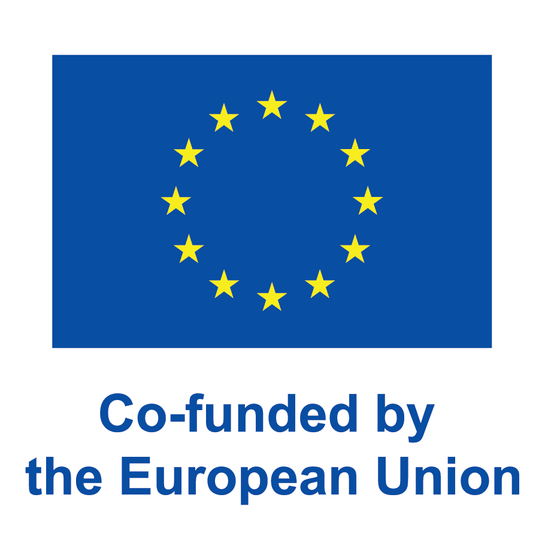
European Union, Directorate General

Foreign, Commonwealth & Development Office
The FCDO is a UK government department, supported by 11 public agencies and bodies. The FCDO promotes the interests of British citizens, protects the security of the UK, defends its values, and aims to reduce poverty and address global challenges with the UK's international partners.
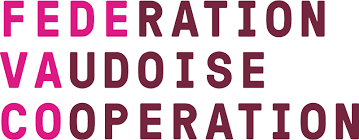
fedevaco

Gebauer Stiftung
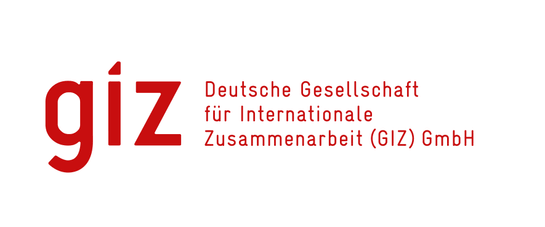
German Agency for International Cooperation (GIZ)
As Germany's leading service provider in the field of international cooperation for sustainable development and international education work, GIZ is dedicated to shaping a future worth living around the world.

Horace W. Goldsmith Foundation

Institute of development studies

Liechtenstein Office for Foreign Affairs (AAA)
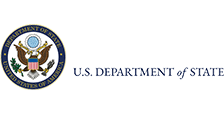
Bureau of Population, Refugees, and Migration (PRM)

Oak Foundation
Oak Foundation was established in 1983. The foundation commits its resources to address issues of global, social, and environmental concern, particularly those that have a major impact on the lives of the disadvantaged.
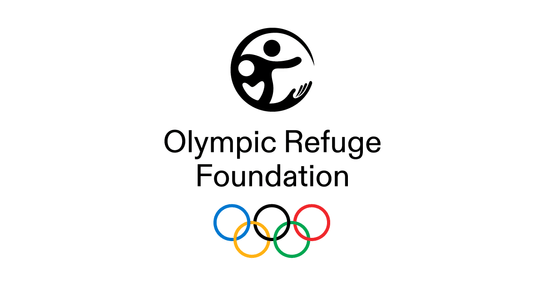
Olympic Refuge Foundation
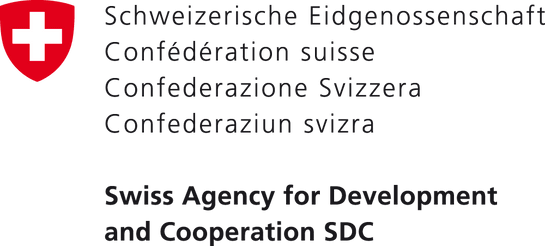
SDC
The Swiss Agency for Development and Cooperation (SDC) implements the Federal Council's foreign policy on humanitarian aid, development cooperation and cooperation with Eastern Europe and at multilateral level. The SDC focuses its activities on reducing poverty and distress, as well as curbing global risks. It also aims to preserve natural resources for future generations.
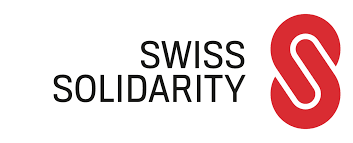
Swiss Solidarity
Swiss Solidarity is Switzerland's humanitarian fundraising and solidarity system. For Terre des hommes, Swiss Solidarity is one of its most important partners, particularly in the case of natural disasters.

UNHCR
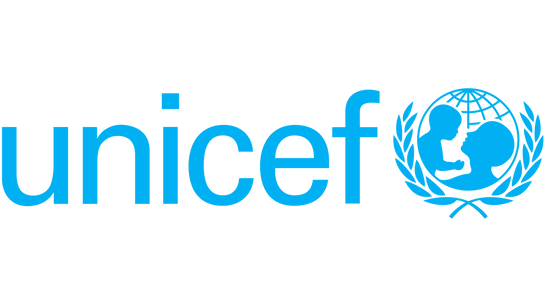
UNICEF
UNICEF - United Nations Children's Fund: UNICEF works in more than 190 countries and territories to save children's lives, protect their rights and help them reach their potential, from early childhood through adolescence.

U.S. Department of State - Office to Monitor and Combat Trafficking in Persons

U.S. Department of Labor

USAID



